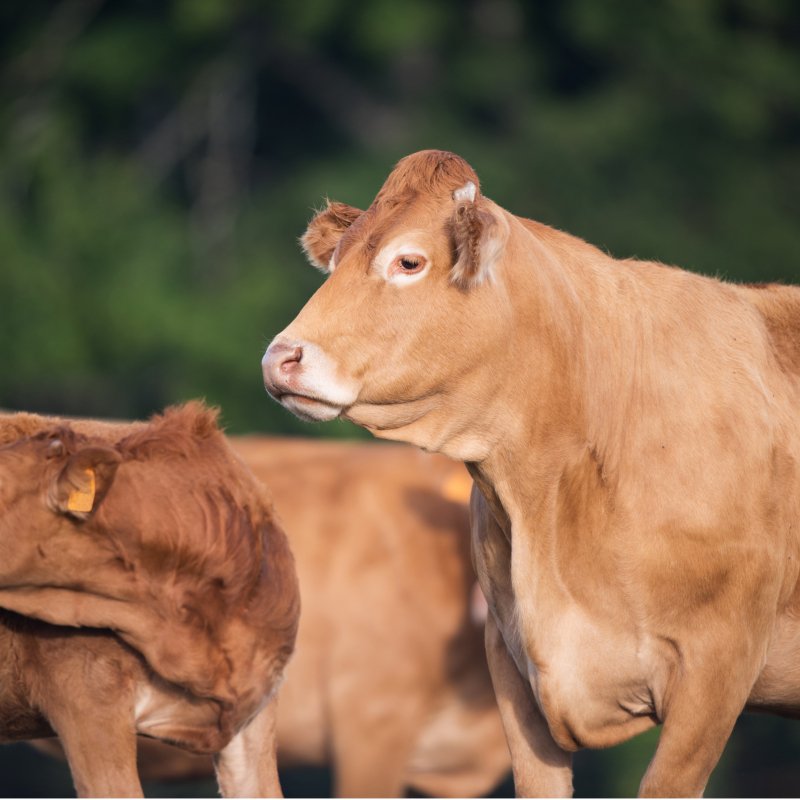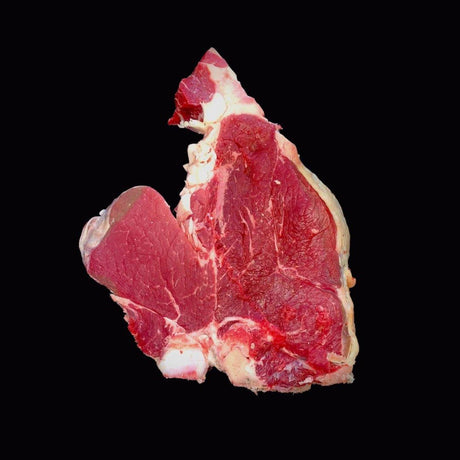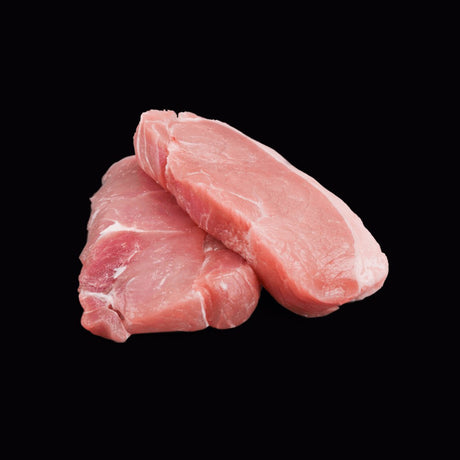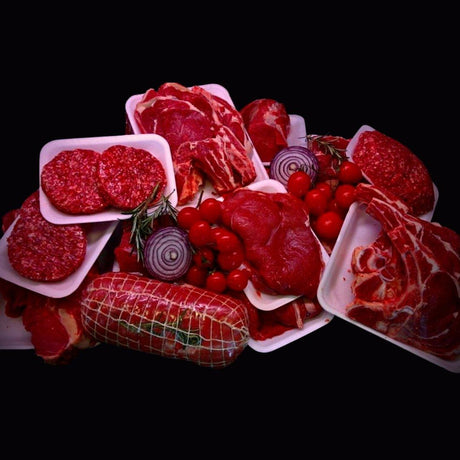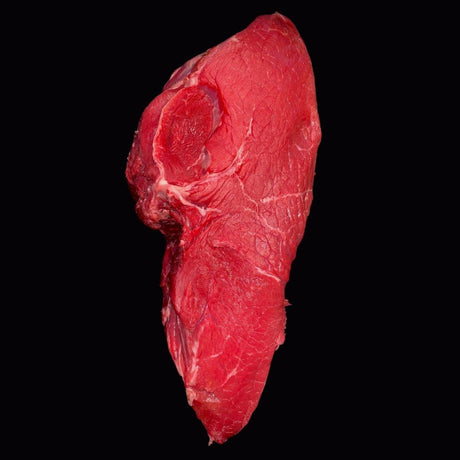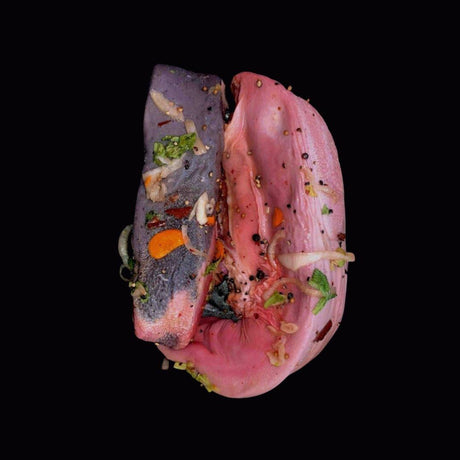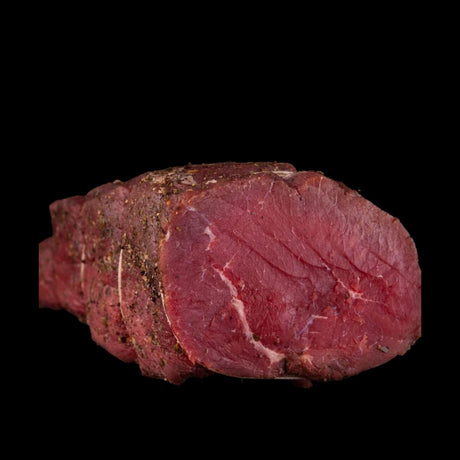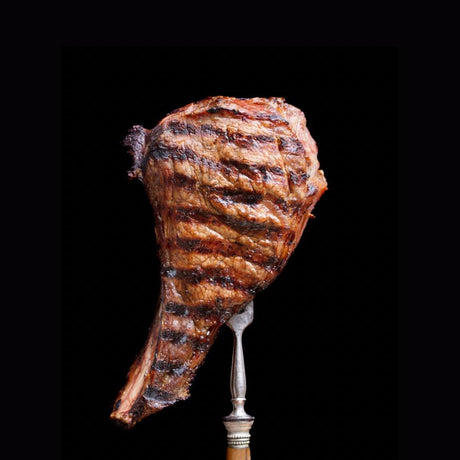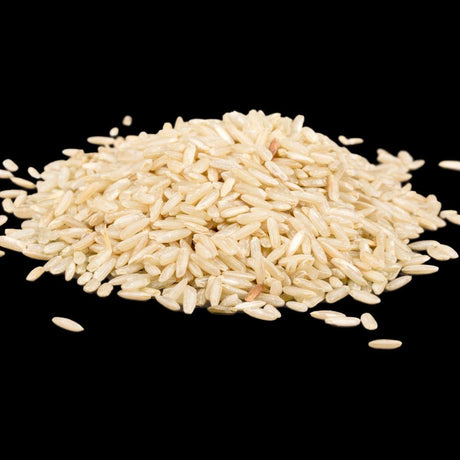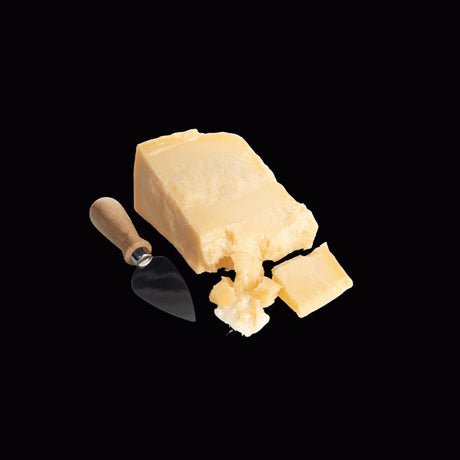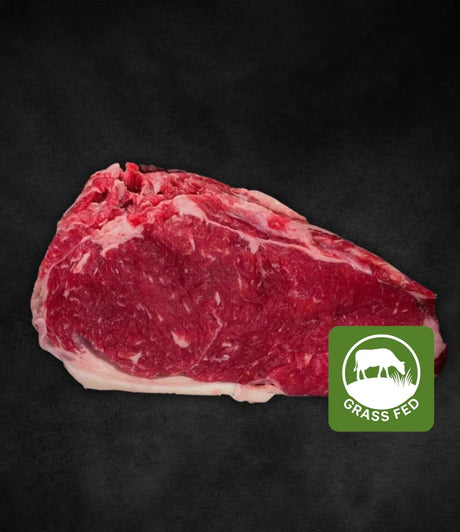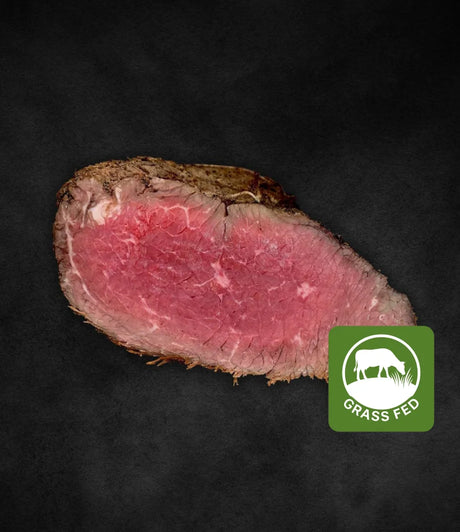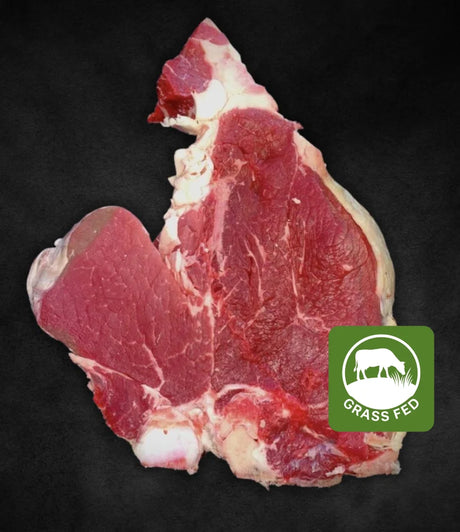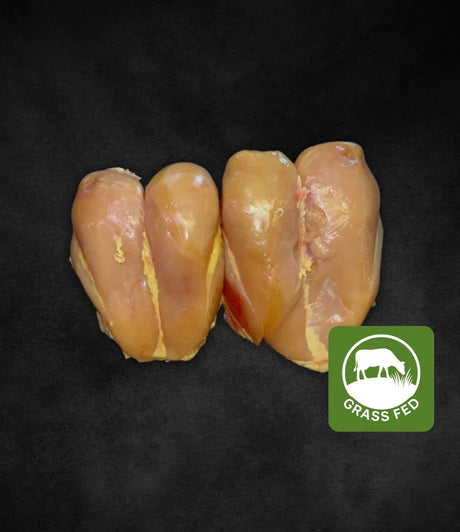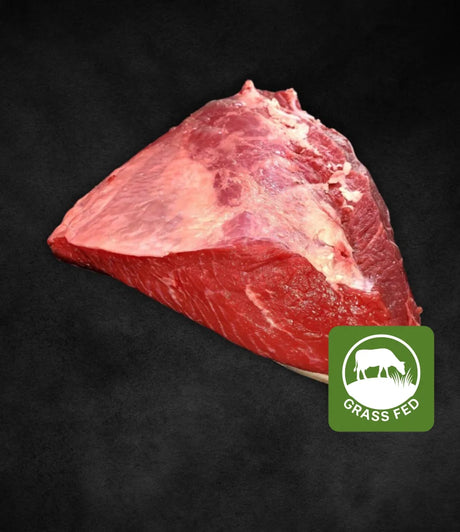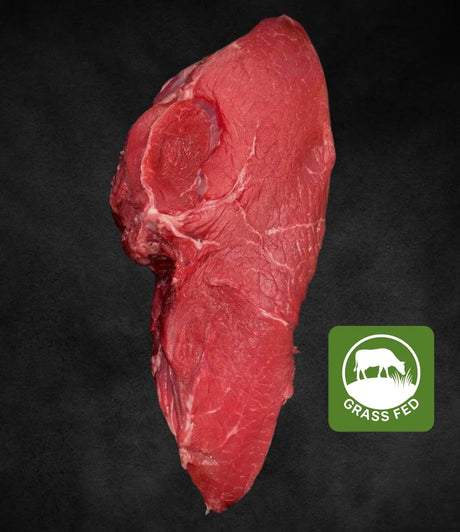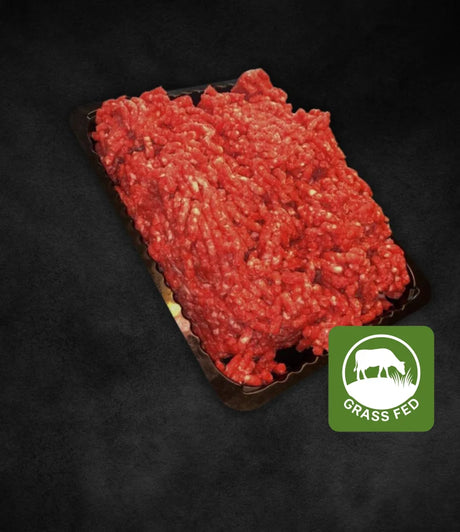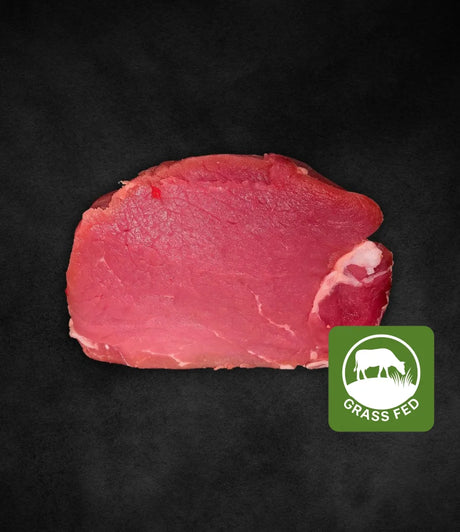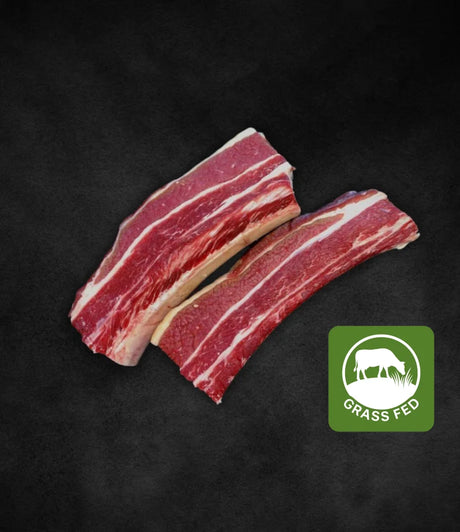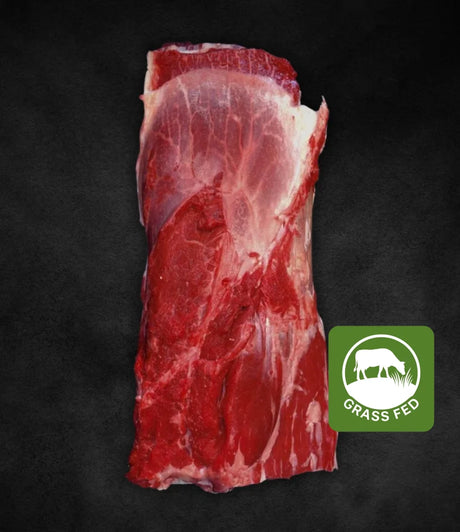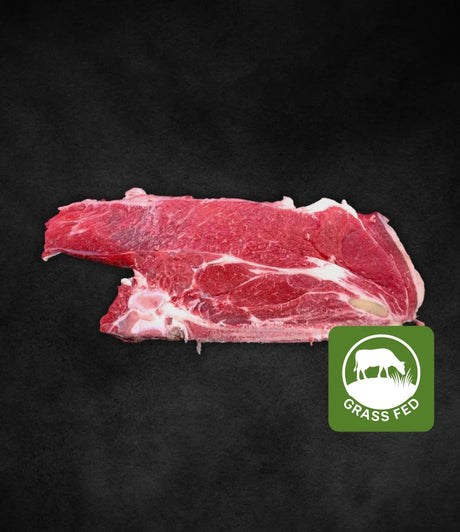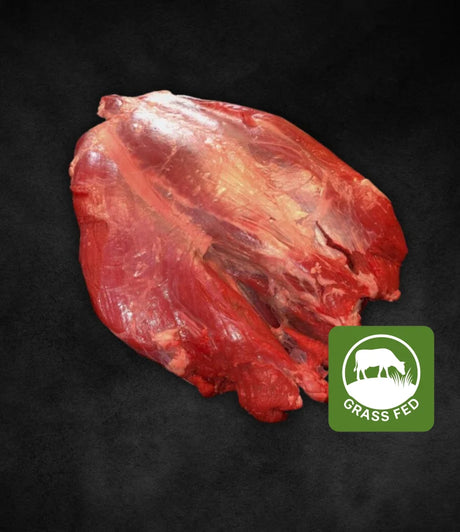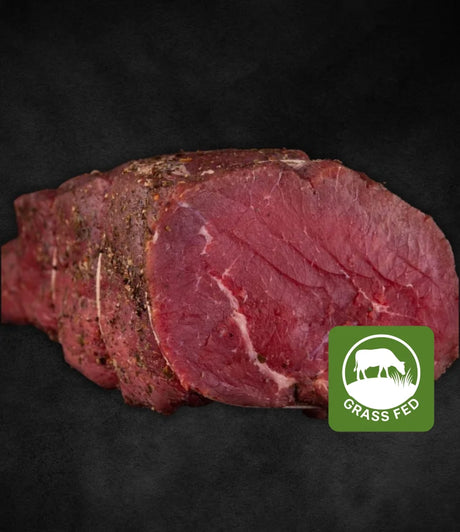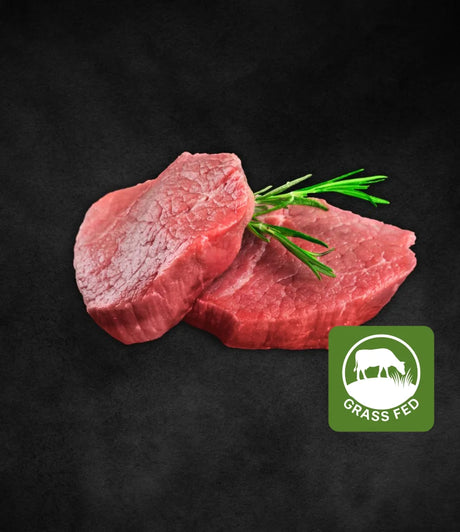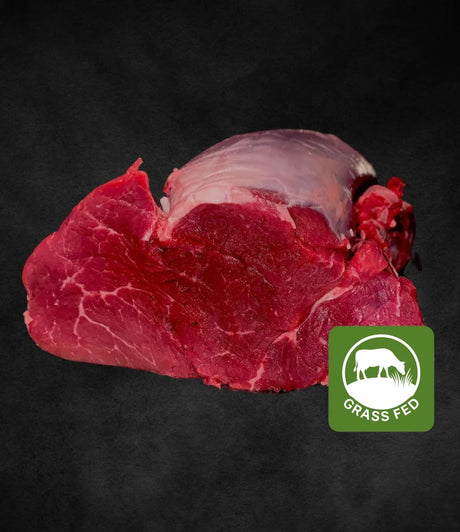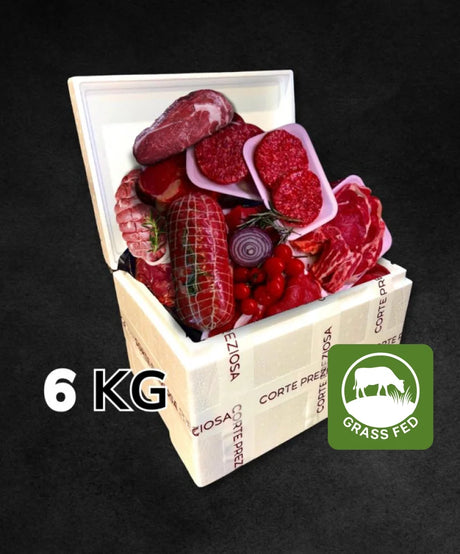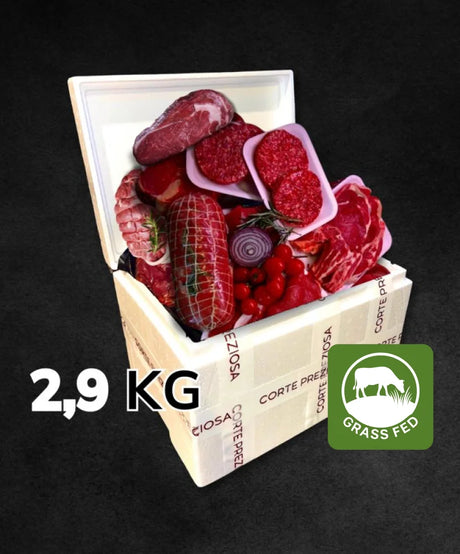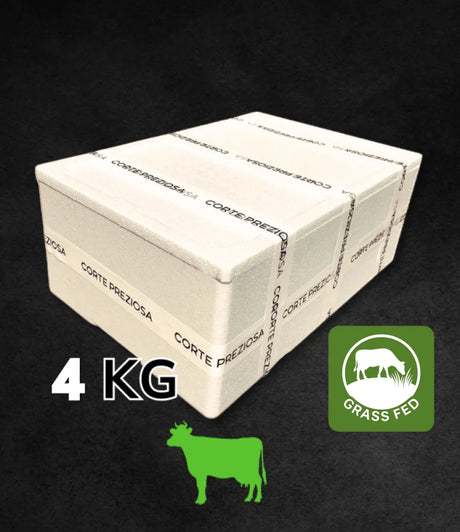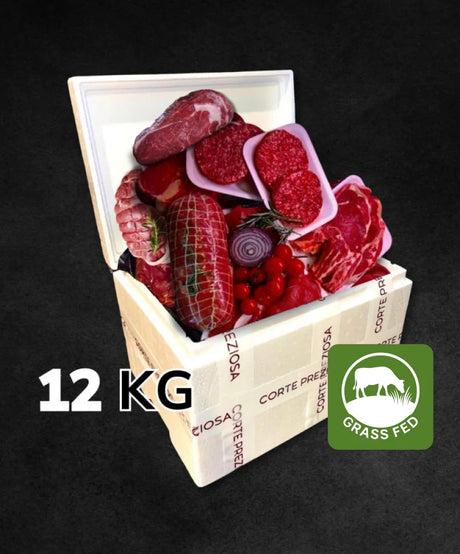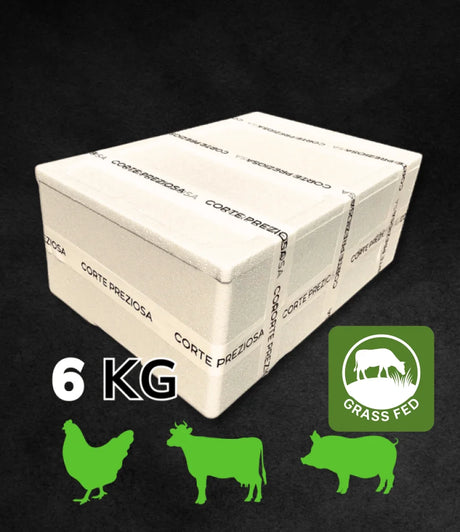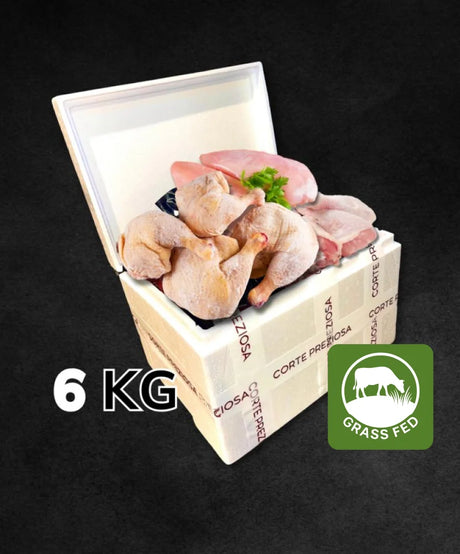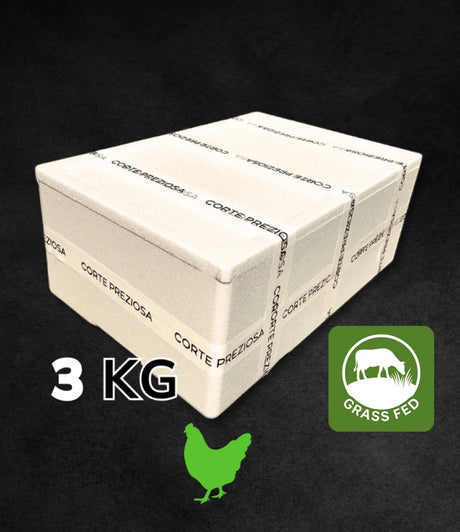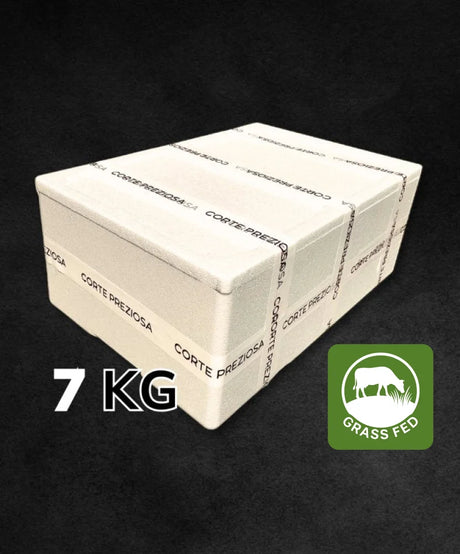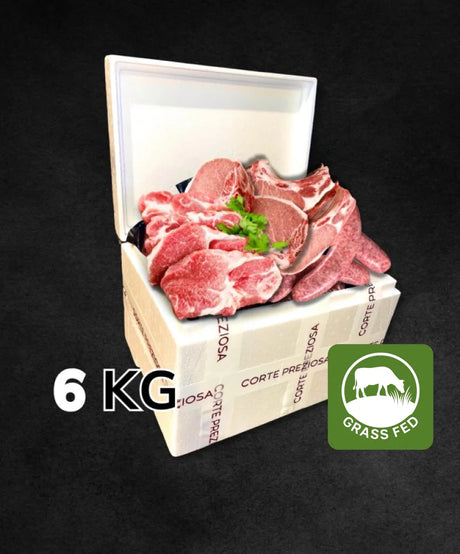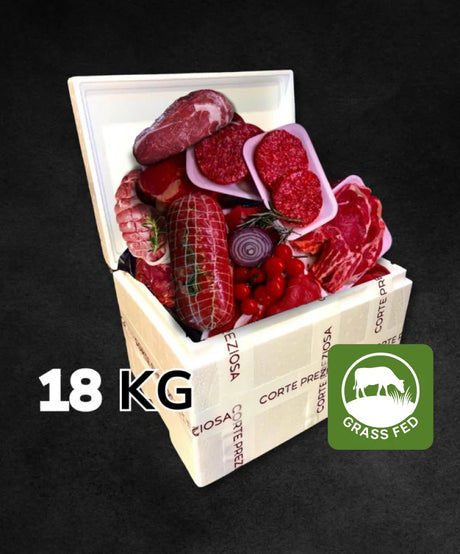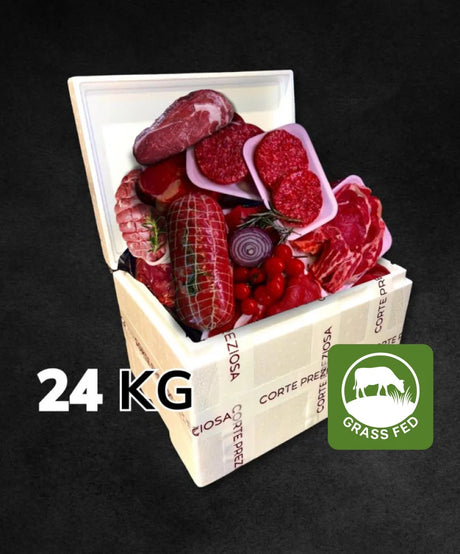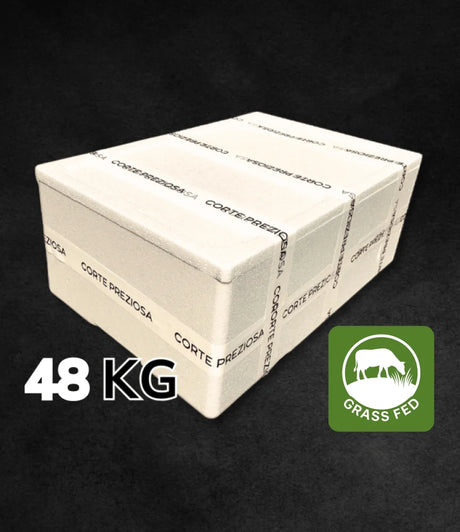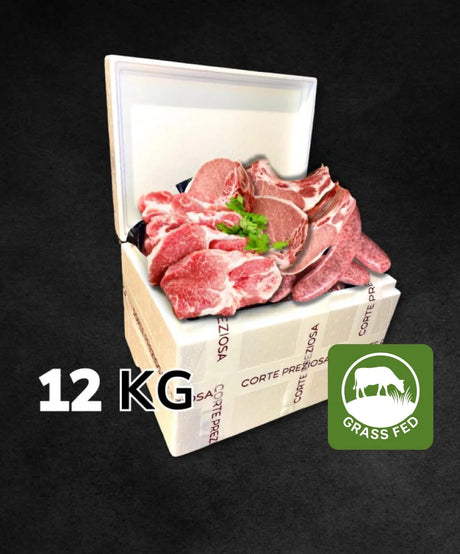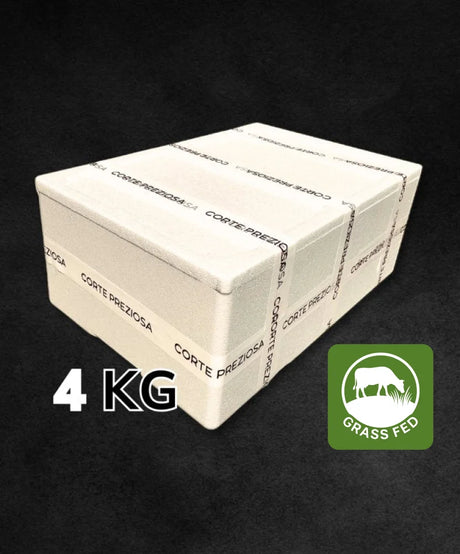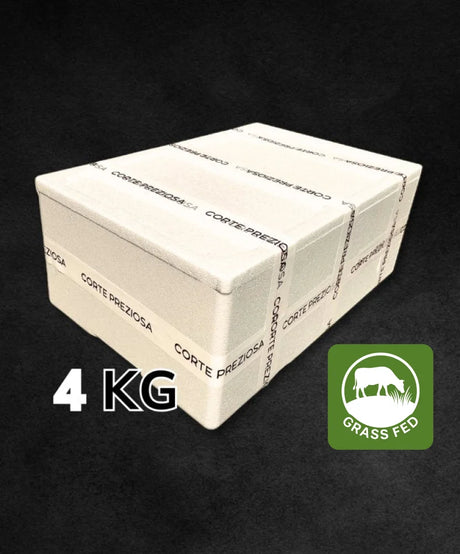The Importance of Buying Healthy and Natural Meat from Natural Extensive Farms
In recent years, consumers have become increasingly aware of the importance of healthy and sustainable nutrition. One of the most significant choices you can make for your health and that of the planet is to buy meat from natural, extensive farms , where animals are raised in a healthy and environmentally friendly way. But what are the real advantages of this choice? In this article, we will explore the reasons why opting for natural and healthy meat is not only an ethical choice, but also the best for our health and the future of the planet.
1. Superior Quality of Meat
One of the main differences between meat from factory farms and meat from natural, extensive farms is quality. Animals raised in natural environments, with plenty of access to free-range pastures and a varied, nutrient-rich diet, produce meat that has a much superior nutritional profile. Meat from extensive farms is often leaner, with a balanced fat content, and richer in omega-3 fatty acids, which are essential for heart health.
Animals raised in an extensive way have a natural diet, made up of grass and forage, which gives the meat an authentic and rich flavor, far from the artificial taste that is often associated with industrial products. This not only improves the taste experience, but ensures a more genuine food, free of chemical additives and growth hormones.
2. Food Safety and Health
Eating meat from natural, extensive farms means minimizing exposure to harmful substances, such as antibiotics, hormones, and pesticides, often used in intensive farming to accelerate animal growth and reduce production costs. These chemical residues can accumulate in meat and, in the long run, be harmful to human health.
Furthermore, animals raised in natural environments tend to be healthier, as they live in conditions that respect their welfare, with less stress and disease. A well-managed extensive farm reduces the need for pharmacological treatments, ensuring safer and more natural meat for the final consumer.
3. Environmental Sustainability
Natural extensive farming is based on principles of environmental sustainability, with a much lower impact than intensive farming. Animals grow in harmony with the surrounding environment, grazing on large areas of land and helping to maintain the balance of local ecosystems. Grazing, in fact, promotes the regeneration of the land, improving its fertility and promoting biodiversity.
On the contrary, intensive livestock farming often exploits the land in an unsustainable way, causing deforestation, land degradation and water pollution due to the excessive use of fertilizers and industrial feed. Choosing meat from extensive farms means supporting an agricultural system that is more respectful of nature and the planet's resources.
4. Animal Welfare
Animal welfare is one of the most important aspects of natural extensive farming. In these settings, animals have access to open spaces, can graze freely and live in conditions that respect their natural needs. This approach contrasts with intensive farming practices, where animals are often confined in small spaces and subjected to stressful conditions.
An animal that lives in harmony with its environment is a healthier animal, which is directly reflected in the quality of the meat. Natural extensive farming is based on an ethic of respect for animals, ensuring them a dignified life free from unnecessary suffering.
5. A Healthier and More Conscious Diet
Choosing natural and healthy meat from extensive farms is part of a more conscious and health-conscious lifestyle. Including high-quality foods in your diet, not only from a nutritional point of view, but also from an ethical one, allows us to live in harmony with our body and the environment.
In addition, meat from these farms is richer in vitamins, minerals and antioxidants, such as beta-carotene and vitamin E, which are key elements for physical well-being. Choosing healthy and natural meat means making a choice that is good for the body and helps prevent diseases related to a diet poor in nutrients.
Conclusion
Buying healthy and natural meat from extensive farms is not just a food choice, but an act of responsibility towards oneself, animals and the environment. Opting for quality products, which respect nature and the biological cycles of animals, means contributing to a more equitable and sustainable system, which puts everyone's well-being at the center.
In an era where intensive production threatens both health and the environment, choosing meat from extensive farms is a conscious and far-sighted decision. An investment in the quality of our diet and in the future of the planet.
---------------------------------------------------------------------------------------

